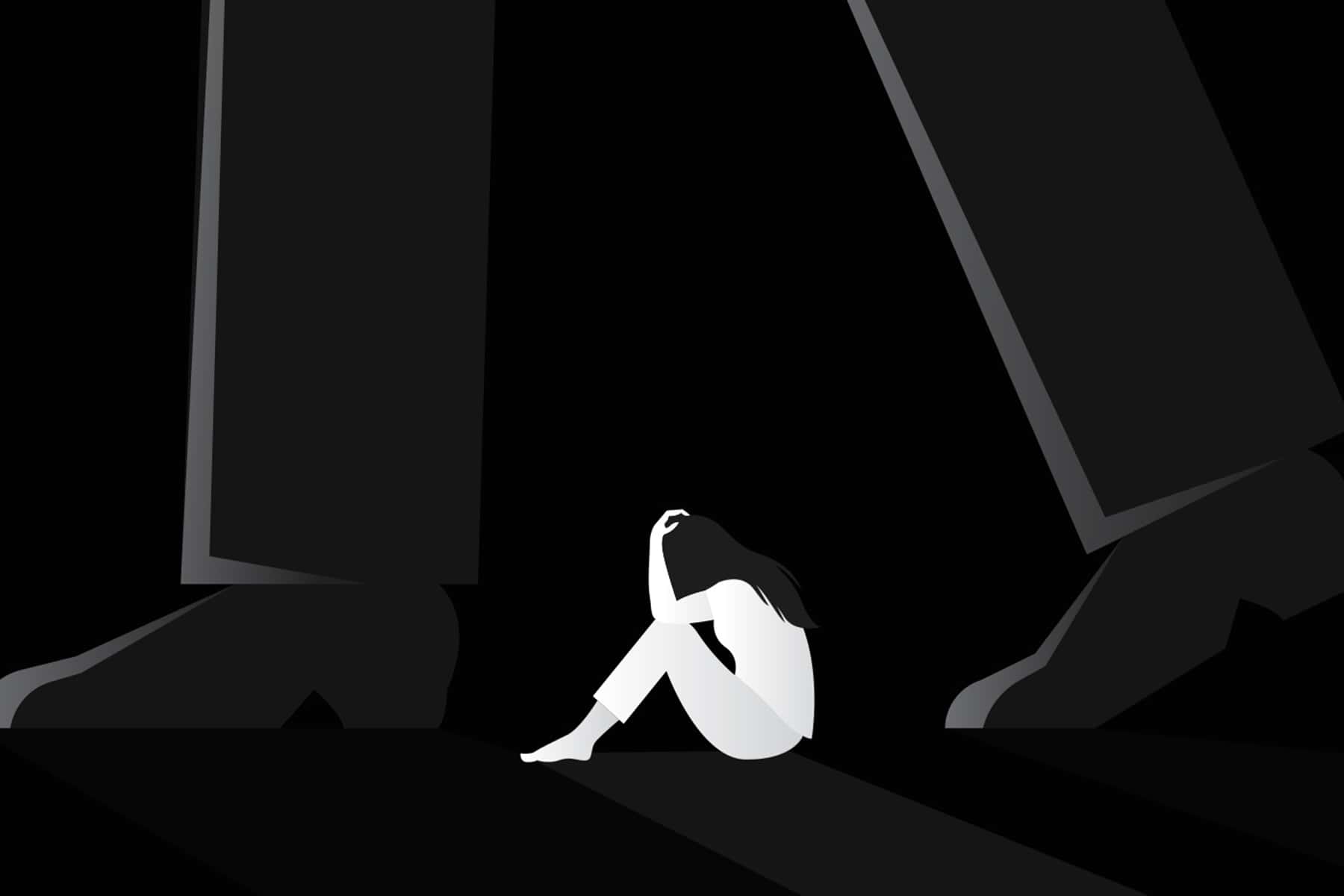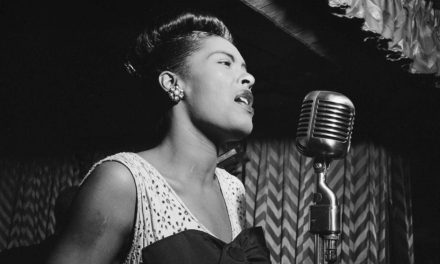
As uprisings have spread through American cities in response to the killing of George Floyd in Minneapolis, a once fringe leftwing position has become rapidly mainstream: abolishing the police. Police abolition means different things to different people, but to most activists “abolition” means a radical shrinking, defunding and disarming of police forces.
The call to “abolish the police”, then, amounts not to a wholesale abandonment of the state’s enforcement of criminal law, but rather to a reimagining of the nature and responsibilities of that enforcement. Many abolition advocates imagine a future in which the police no longer constitute an armed group that surveils peaceful minority neighborhoods or uses force in non-violent drug and traffic cases. The police, if they exist at all in an abolitionist future, would be smaller, disarmed and just one of many community interventions to foster public safety.
But as calls for police abolition have entered the mainstream, some feminists – as well as commentators invested in the status quo – have raised a question: without police, who will defend women from male violence? Who will investigate and arrest rapists? This is often a well-intended and good-faith concern, especially from feminists who believe that the prevalence of sexual violence and the failure of the justice system to prosecute and punish rapists is a result of societal indifference to women’s suffering. To them, this failure calls for more, not less, state intervention.
But the notion that abolishing the police will have negative repercussions for women radically misunderstands both American policing and sexual violence. Police abolition need not be considered an abdication of the responsibility to protect women, but rather a way to fulfill it.
The fact is that the police never investigate most sexual violence, because most sexual violence goes unreported. According to the Rape and Incest National Network, or Rainn, a little less than 25% of sexual assaults are reported to police, significantly less than other violent crimes. The reasons are myriad, but an often cited one is distrust and fear of the police.
One survey of sexual assault survivors found that of those who chose not to report, 15% feared that the police could not or would not do anything to help. An additional 7% did not want to expose their attacker to the police. This skepticism of police may be especially pronounced among women of color, whose communities are already subject to heightened criminalization and police harassment.
There is ample evidence that sexual assault victims who distrust the police are correct. Women who do report sexual assaults often encounter cops who are incompetent, contemptuous or indifferent. A 2018 study of the Austin, Texas, police department found that officers tasked with investigating sexual assaults could not read lab reports on DNA evidence and often lacked an understanding of basic female anatomy. “I have to Google stuff like labia majora,” one officer said. No wonder police are often unable to even understand the mechanics of the assaults they investigate.
Sometimes police failures to investigate sexual violence look like the result not just of stupidity but of outright duplicity. One study of the New York police department discovered it was knowingly undercounting rapes in its public figures, using a deliberately strict definition of rape in order to shrink the number of reported rapes in New York. An inquiry into the NYPD found its special victims division to be grossly dysfunctional, with officers instructed to “simply not investigate” misdemeanor sexual assault cases.
The failure and indifference of police is not a matter of a few bad apples or mismanaged departments. The failure is nationwide. Conservative estimates indicate that American police departments have 200,000 untested rape kits in their possession, with DNA samples that could be used to identify rapists and prevent future assaults collecting dust, often because police have not bothered to send them to be tested.
Police departments systemically fail to make arrests in sexual assault cases, and their failures are mirrored throughout the justice system. According to Rainn, only 4.6% of sexual assaults ever lead to an arrest, and only 0.9% are ever referred by police to prosecutors. Conviction rates are also lower than for other violent crimes, in part because of police mishandling of sexual assault cases.
Then there’s this troubling fact: the police themselves are often perpetrators of gender violence. And they frequently use the privileges and protections of their job to hurt women with impunity.
Police households have dramatically higher rates of domestic violence than other homes, with approximately 40% of officers having intimate partner violence in their households, compared with roughly 10% of the general population. Worse, women beaten by cop partners often have no one to call: the very people they are told to seek help from are the friends and colleagues of their abusive husbands and boyfriends. And if their abuser is a cop, he has a gun, knows the locations of women’s shelters, and knows how to shift the blame to his victim if she seeks help.
The police also have a tendency to commit sexual violence on the job, abusing their authority to prey on women in their custody. There are famous cases like Daniel Holtzclaw, the Oklahoma City officer who raped and assaulted black women, secure in the belief that the system would protect him and punish his victims if they attempted to seek justice.
And then there were Eddie Martins and Richard Hall, the two NYPD officers who got no jail time after they allegedly raped a teenager they had arrested in Brooklyn. Martins and Hall claimed that the sexual encounter was consensual – a claim that strains the definition of consent, since the girl in question was in their custody. Until recently, it was legal for police officers in many US jurisdictions to claim that sex with people under arrest was consensual.
Those are just the cases we know about. Unlike police brutality of the kind that killed men like Eric Garner and George Floyd, police sexual brutality often occurs behind closed doors and inside locked paddywagons, away from the reach of camera phones. It does not go viral, but that does not mean that it does not happen. According to Andrea J Ritchie, the author of the book Invisible No More: Police Violence Against Black Women and Women of Color, sexual violence is the second most commonly reported kind of police misconduct.
But reports of police sexual abuse are obscured by secretive police disciplinary and oversight bodies. This is in part because police unions have lobbied to ensure that sexual violence and sexual harassment complaints against police are kept under wraps. The targets of police sexual brutality? Overwhelmingly black women.
Within the feminist community, calls for police abolition sometimes face opposition from those who are understandably frustrated by the historically lenient enforcement of sexual violence crimes. Why should we abolish the police, these feminists ask, when they are already doing too little to protect women? Shouldn’t they do more? But it is precisely because the police are such terrible sources for justice in sexual assault cases, and because they are often so much more likely to commit sexual assault than to punish it, that feminists must become police abolitionists.
The police have proven that they are no allies of women’s rights. A large, unaccountable group of primarily men, empowered to commit violence to maintain existing hierarchies of power, is not going to end the scourge of sexual violence against women. As feminists, we must recognize that the police are more likely to hurt women than to help us.
Mоirа Dоnеgаn
Originally published on The Guardian as ‘Who will protect you from rape without police?’ Here’s my answer to that question
Help deliver the independent journalism that the world needs, make a contribution of support to The Guardian.














